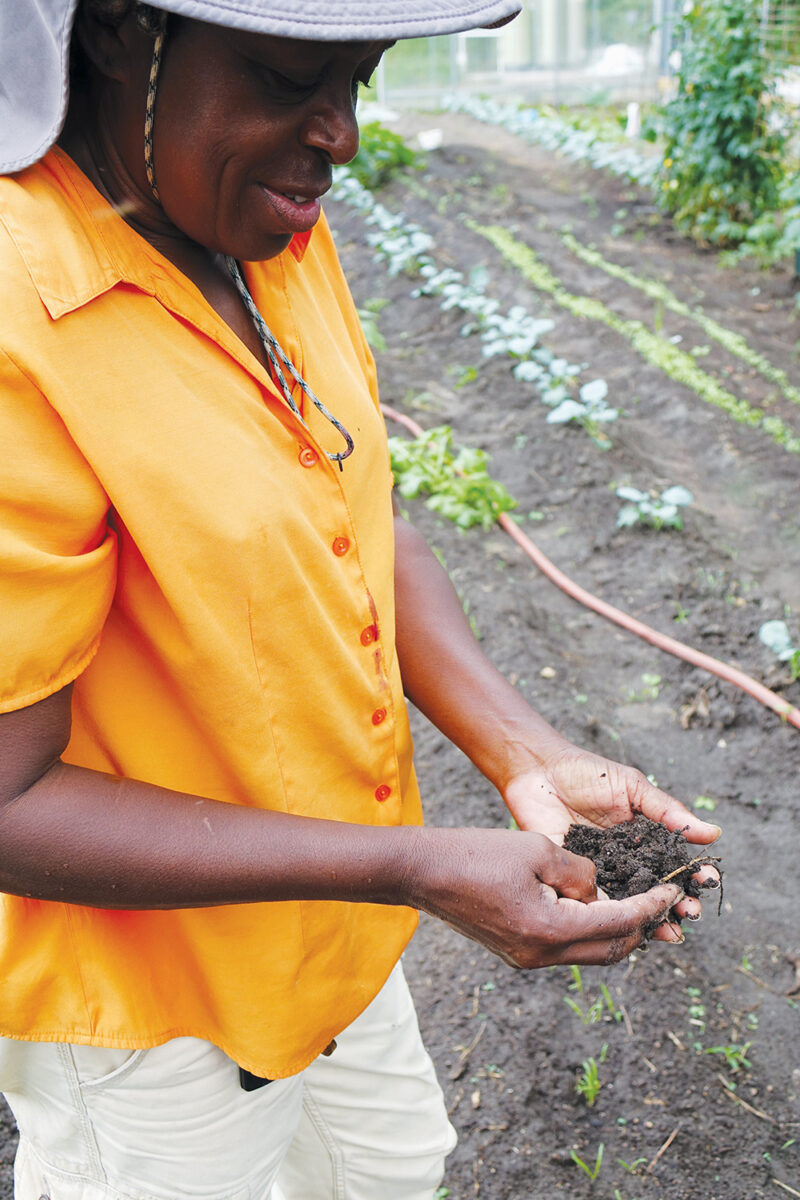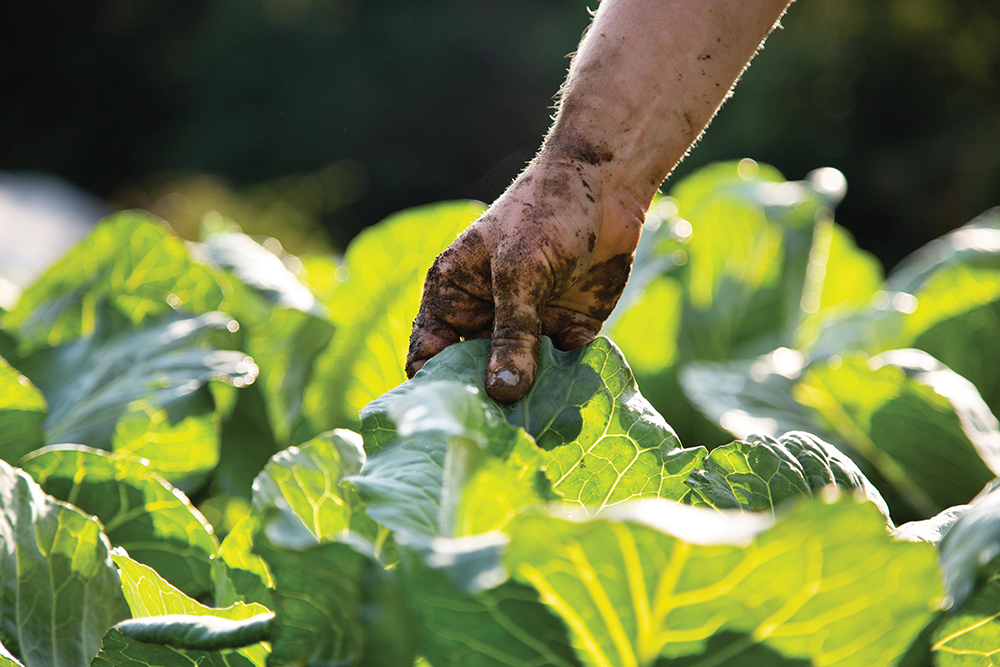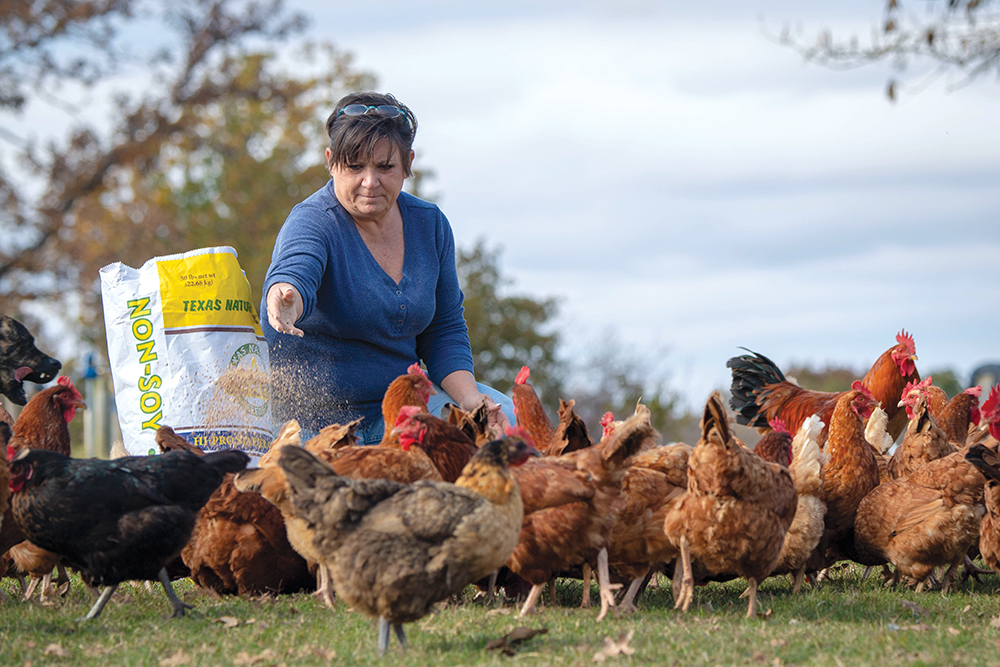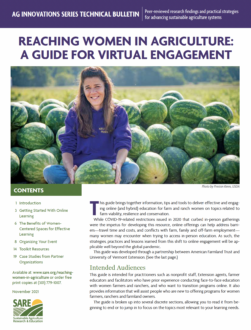Though not a perfect replacement for in-person learning, these virtual gatherings are providing a lifeline for many women who are feeling a bit isolated right now. We’ve started to see that these gatherings can be an antidote to that isolation, a salve for the open wounds between struggling farmers and the agencies meant to support them, and a necessary infusion of interdisciplinary learning to drive the resilience our farmers will need.
Caitlin Joseph, American Farmland Trust
One of the reasons to create women-focused and women-only events, virtual or otherwise, is to establish a comfortable space for woman-identifying individuals to find and access resources, information and networks that they typically don’t have easy access to in the agricultural services world.

The goal of this effort is to define a space for women to learn from one another and gain confidence, rather than to be about excluding men. Many women who have participated in women-focused events report being able to find their voice in a space created for them. This can allow them to show up more fully than in spaces in mainstream agricultural events (both virtual and in person), which tend to be male dominated. One of the challenges we can face with this approach is feedback from men who are spouses or farming partners who may feel excluded from the conversation. However, when we can clearly describe the benefits of creating an intentional space for women in agriculture, we find that most men get on board with the idea. With the increase in the actual number of women farmland owners and operators, and with the growing recognition of their importance as such, these women-oriented spaces are likely to be both more accepted and, in some cases, less necessary as women take on new leadership roles in agriculture.
Best Practices for Adult Learning

When the situation warrants women-oriented programming, it’s critical to integrate best practices for adult education oriented towards creating meaningful learning experiences for women farmers, ranchers and landowners.
In their 2021 publication Sustainable Agriculture Through Sustainable Learning: An Educator’s Guide to Best Practices for Adult Learning, Sandy Bell and Janet McAllister identify five best practices for adult learning that have particular relevance to programs for education oriented to farm and ranch audiences. They are:
- Make content relatable
- Engage positive emotions
- Give learners choice
- Identify mental models
- Provide opportunities for practice and application

“The networking and conversations amongst participants and resource providers have been even more open than in person. We have had smaller groups, and they are from all areas of the country, so perhaps that extra bit of anonymity is encouraging. I have always heard that it doesn’t matter how many people you have at an event as long as you have the right people. The women who have participated have definitely been the right women. They come from every type of background: farm owners, operators, absentee, organic, conventional, beginning—everything. However, they still want to help each other, encourage each other and listen to each other. In four years of Learning Circles, the virtual sessions have been the most rewarding.”
–Ashley Brucker, American Farmland Trust
We hope you can take some time to review Sustainable Agriculture Through Sustainable Learning. It provides many easy-to-digest insights into the brain science behind adult learning, strategies to help educators design successful programs and a slew of practical suggestions for operationalizing these best practices before, during and after events. Please note that these principles are integrated into the rest of this publication in ways that reinforce key points. Where applicable, we refer to Sustainable Agriculture Through Sustainable Learning (Bell and McAllister 2021) for further details on the best practice.
